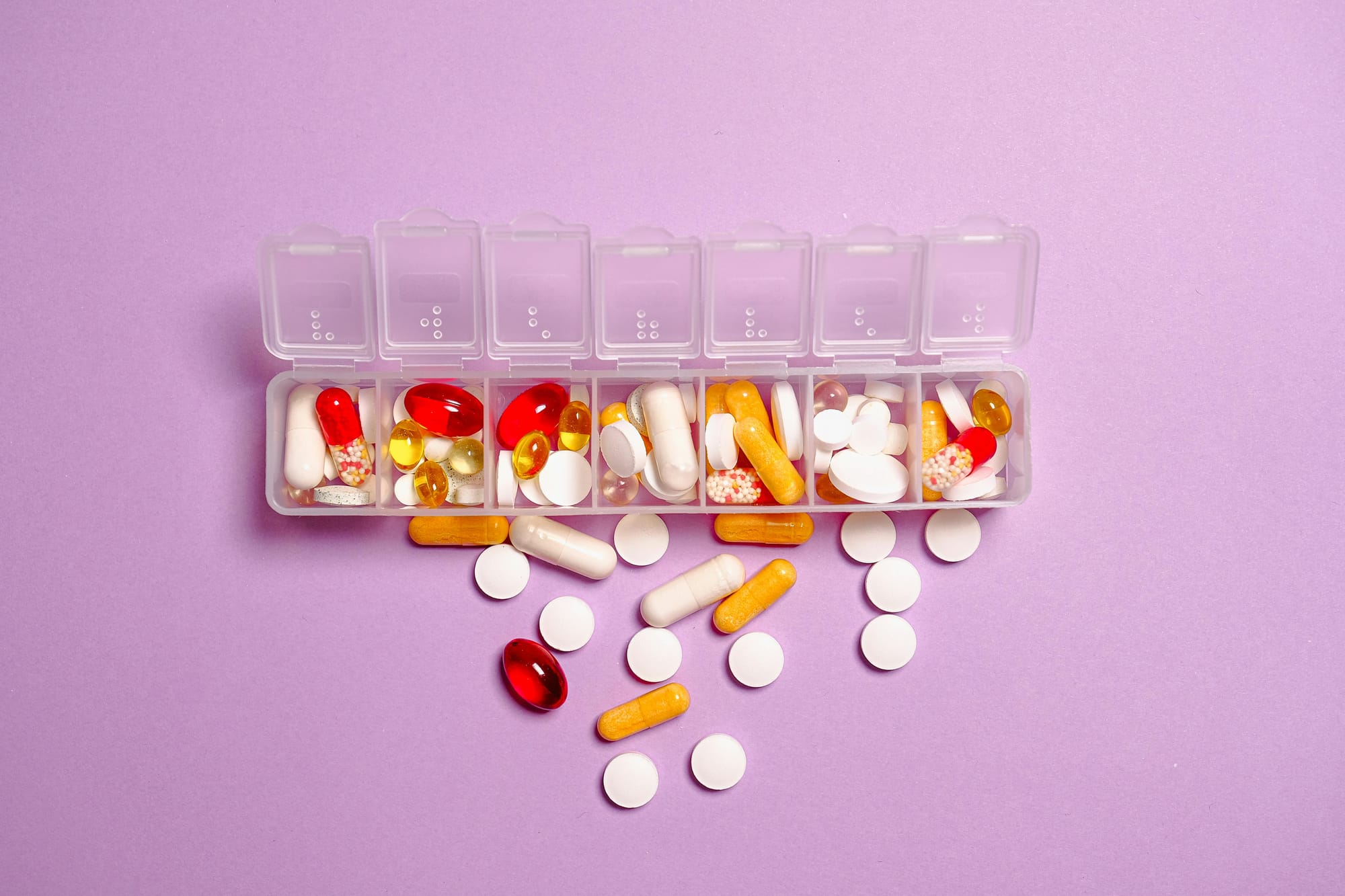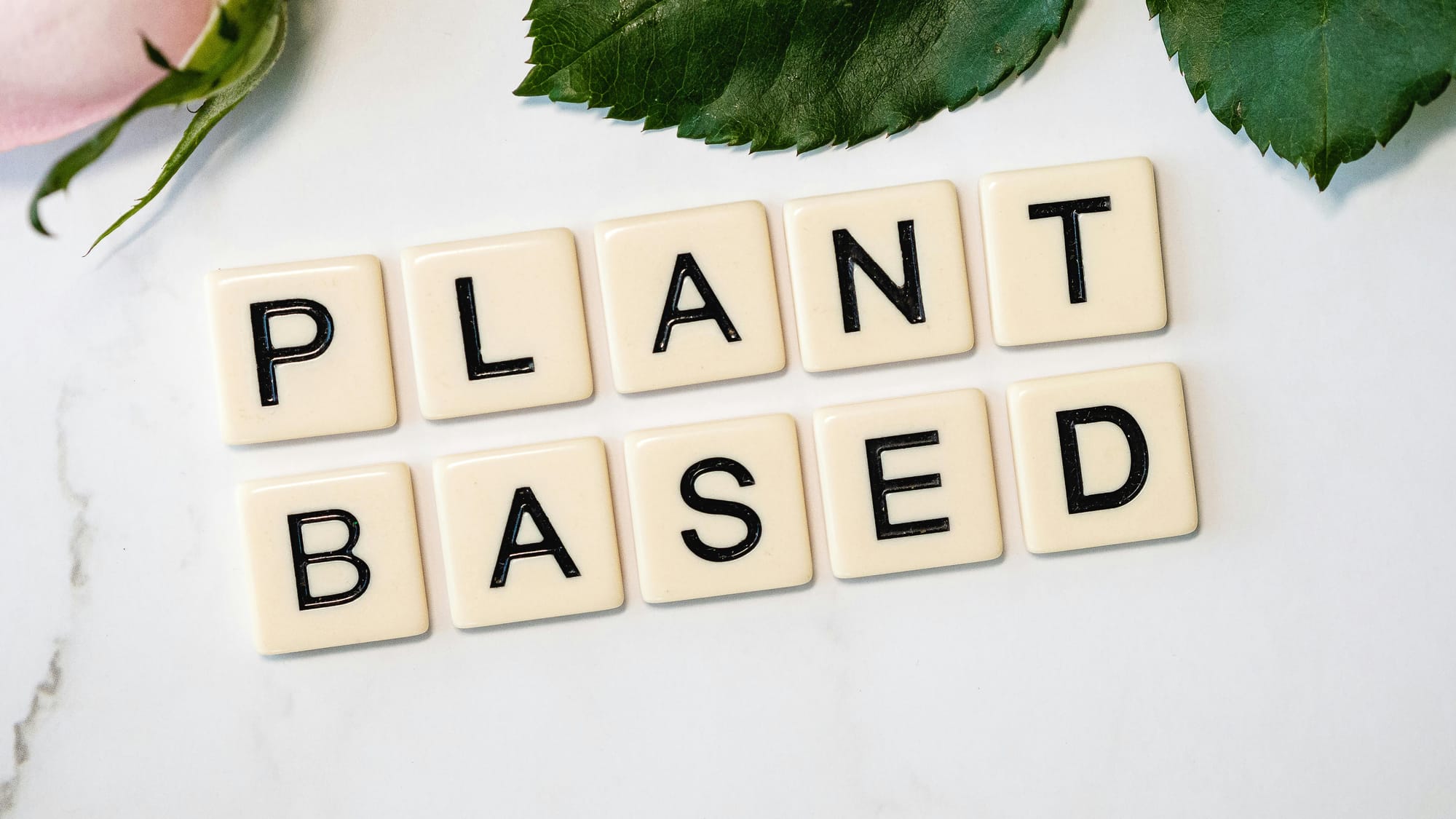(4 minute read)
Morning friends – hope you've had a healthy and restful weekend, and I hope you find this edition of the Wellness Weekly newsletter useful!
I know I've been away for a couple of weeks...just been dealing with the small matter of becoming a father for the first time 😃
The top supplements I trust
I've always maintained this belief around supplements: they are just that – supplementary.
They'll never replace a great diet, sleep, training, or stress management, but they can help fill in some gaps.
And likewise, they won't save you if your dietary habits are a total shanbles.
I do like to test things here and there, but for the most part I try to keep things relatively simple – and backed by decent evidence:

Vitamin D3/K2 – Especially in the winter months or if you're indoors a lot. Low levels have been linked to low mood, immune dysregulation, and fatigue.
Of course sunlight is the priority, but a decent D3/K2 supplement goes a long way. A couple that I would recommend; this one from Quicksilver Scientific and this option from Sunday Natural
Magnesium Glycinate – A solid choice for sleep, stress, and muscle recovery.
MANY people are unknowingly deficient – while I adopt a food-first approach to magnesium, topping up with glycinate is something I do often too
Creatine Monohydrate – One of the most studied and reliable supplements for strength, cognitive health, and muscle performance.
I've spoken about it in many previous emails - and even discussed it's benefits for depression.
Omega-3 (Algae oil) – Since I lean toward plant-based options, I get my EPA and DHA from algae; great for brain and heart health.
CoQ10 – Coenzyme Q10 might offer some benefits for mitochondrial support and cardiovascular health (especially in ageing populations).
I've been on this consistently for the past year and there's some decent data behind it – so I'm sticking with it
B-Complex - supporting red blood cell formation, energy, nervous system health - again a food-first approach here is great (dark leafy greens, legumes, nutritional yeast) but it is a great option to help fill in the gaps if need be.
I dabble in a few others as well but if I was to say what my staples were, this would be the list.
5 Health Tips That Cost Nothing
Health doesn't have to cost the world.
I personally believe this is a limiting belief that sets a lot of people back.
I blame social media (partly) for this; people are making health more complicated than it needs to be through attention-grabbing content – leading people to believe that they have to spend hundreds and hundreds of pounds/dollars to be healthy.
And yet there are many things that can improve health that cost precisely....nothing.

- Get morning sunlight – an easy way to regulate circadian rhythm and boosts mood and alertness (and popularised by Andrew Huberman in recent years to great effect). Aim for at least 10-15 minutes if you can (even with cloud cover)
- Nasal + deep breathing – Slows the nervous system and might even reduce stress – I for one take a deep breath in through the nose when a stressful moment hits
- Go for a walk post-meal – Supports blood sugar regulation and digestion. Try a short walk after lunch or dinner – it helps your muscles essentially become a sponge to soak up excess glucose and help improve insulin sensitivity
- Cold water – This is a tough one! I'll be honest in that I don't do many ice baths anymore, but I still aim to switch my shower to cold for 30secs-1min often. It's super invigorating and cold water has been shown to have benefits for improved dopamine levels, increasing focus
- Sleep hygiene – Reduce screen-time 30-60 mins before bed (and switch your screen to red). Dim the lights and create a slow wind-down routine if you can. Your brain (and your eyes) will thank you.
Vegan vs Plant-Based – Is there a difference?
Short answer: yes – and it matters.
This is a question I get confronted with a fair amount after 8 years plant-based – there still seems to be confusion!
If I had to break it down really simply, it would be this:
- Vegan typically refers to a lifestyle choice – no animal products in diet or in any products used (clothing, cosmetics, etc.).
- Plant-based tends to be more focused on food – emphasizing whole, minimally processed plants, and may include small amounts of animal products occasionally.

I think this is important because of the false belief among many that vegan = healthy.
Someone could be vegan but regularly eat a diet of ultra-processed junk food garbage (vegan ice cream, vegan nuggets, etc.), while someone eating plant-based (like myself) would focus on whole foods like legumes, grains, fruits and vegetables.
And of course there could be crossver as well: someone who is ethically vegan could also focus on consuming a whole-food, plant-based diet (I wish more ethical vegans did this to be honest, and position themselves as a healthy champion of their cause).
Regardless – no matter where you fall, the goal is nutrient density and reducing chronic disease risk.
And after 8 years eating a plant-based diet I've come to this conclusion: labels perhaps don’t matter as much as what’s actually on your plate.
Right friends, I'm off to play with my daughter – she sleeps a lot right now so I don't think I'll be getting much out of her 😀
Have a good week friends and stay healthy,
Jeff